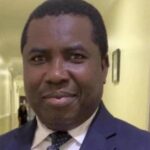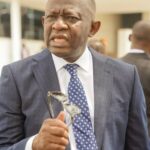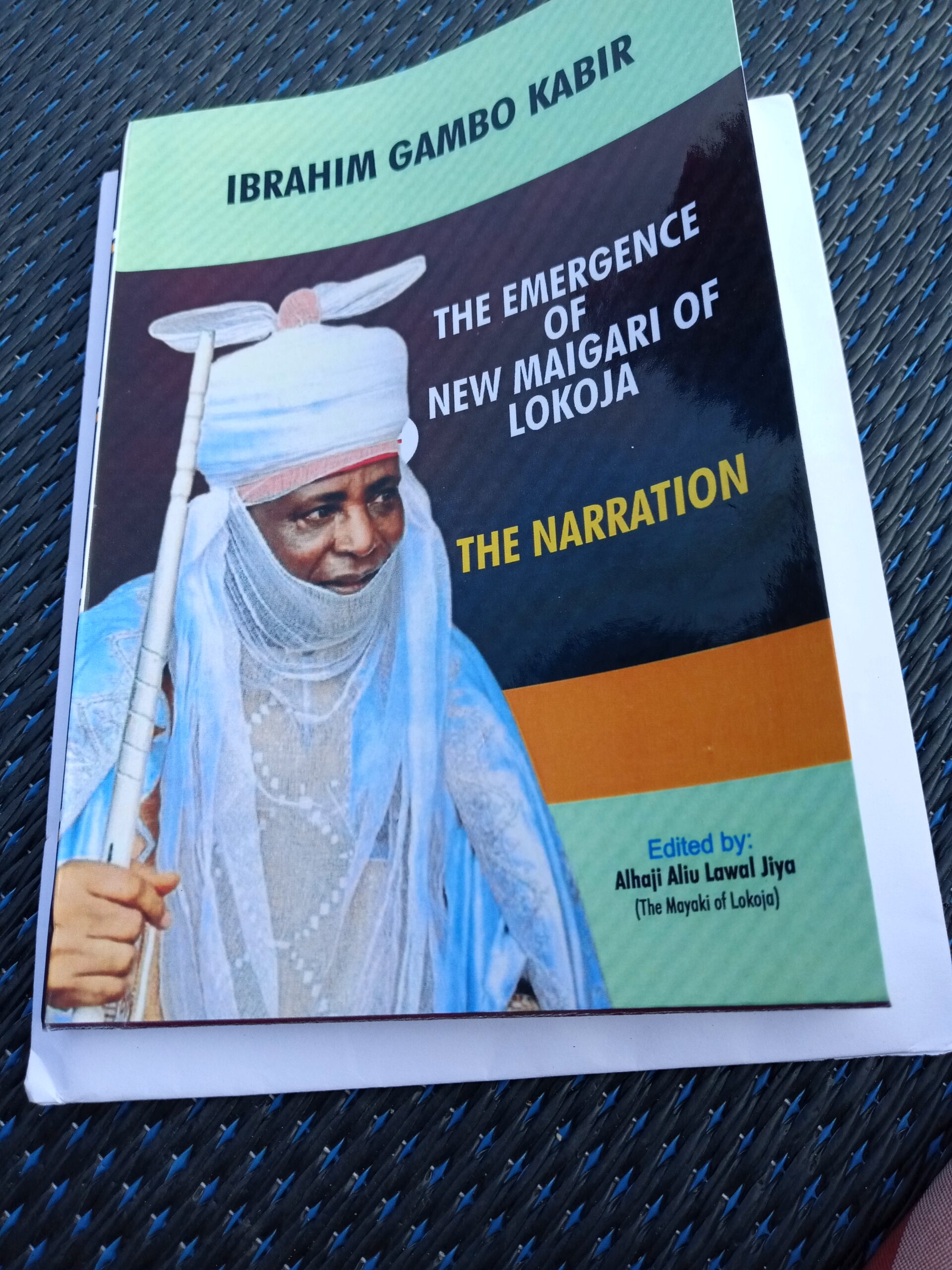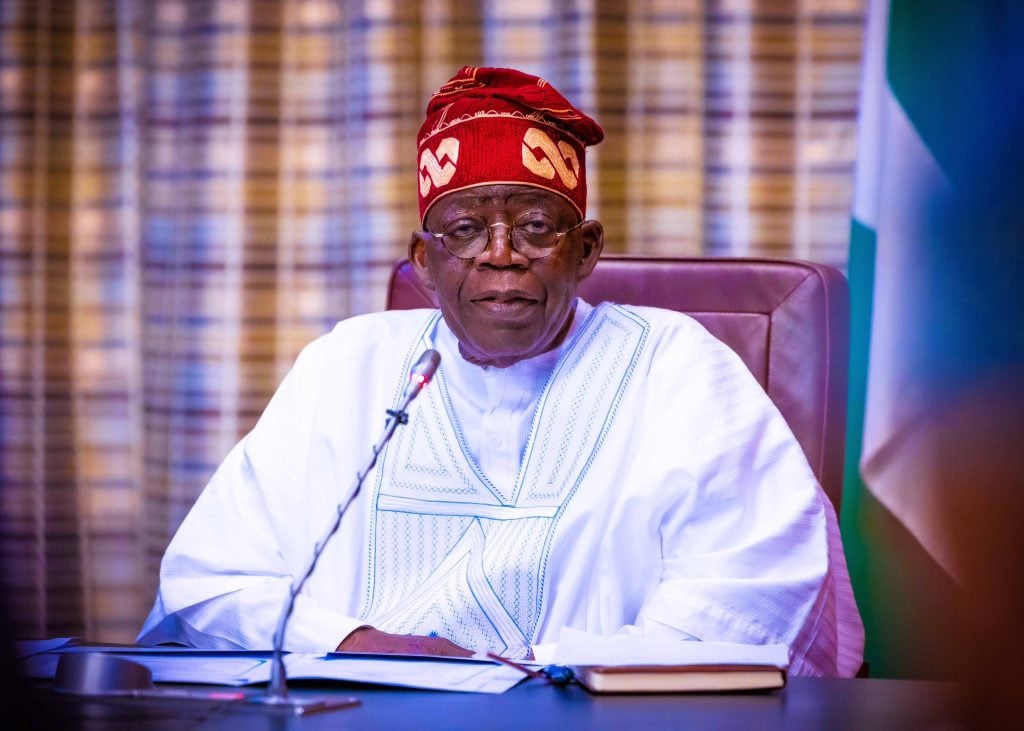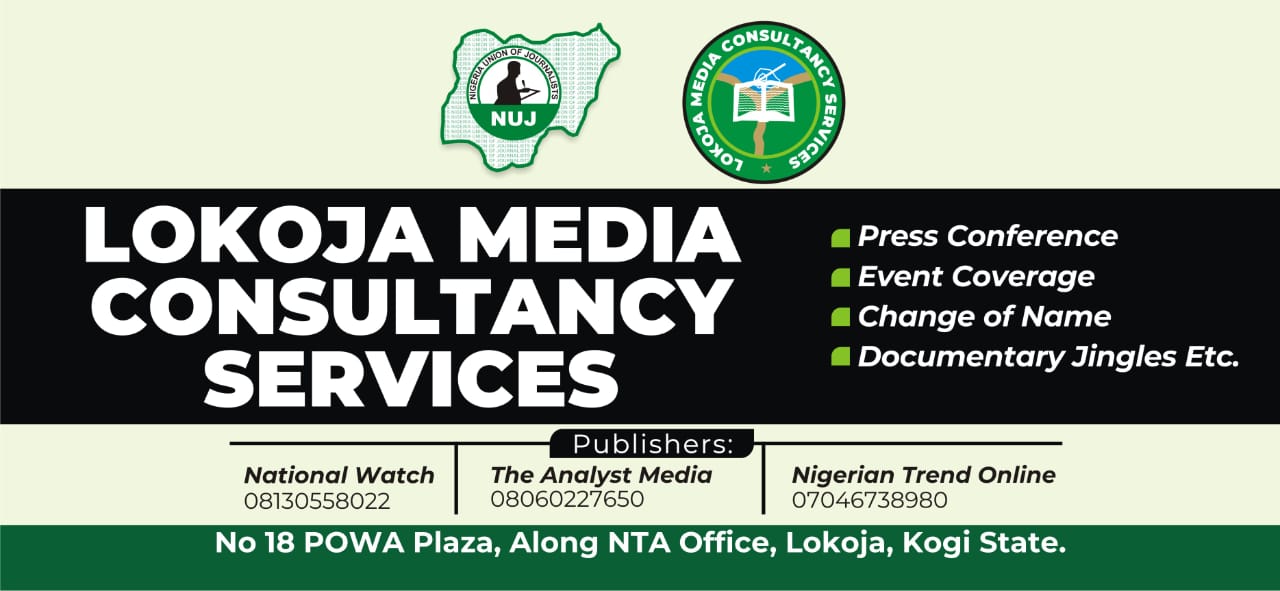
By Justine John Dyikuk
With this caesarian section on General Buhari’s 1984 speech, the reader would agree that we seem to be trapped in the same water. Perhaps the problem with President Buhari is that while the local choir has metamorphosed into a Cathedral choir, the orchestra cannot sing in unison because the choirmaster is head over heels in love with old melodies.
The current situation in Nigeria requires that we borrow shoes from students of history, politics and political communication for a nostalgic walk to the library of one major incident in our country. This would help us know where are coming from, where we are and where we are headed to as a nation. The news of the military takeover of power from the democratically elected government of President Shehu Shagari by General Muhammadu Buhari, which occurred on December 31, 1983 was followed by a speech that filled the airwaves on January 1, 1984. With the lenses of political communication, it is critical to analyse the said speech in the light of current realities in our country. This diagnosis would help us to ascertain whether we are stuck in 1984 or the president, who has substituted his khaki for babanriga, is taking us to the promised land.
With the warm words, “In pursuance of the primary objective of saving our great nation from total collapse…it is with humility and a deep sense of responsibility that I accept this challenge and call to national duty,” General Muhammadu Buhari began his speech on a high pitch. Citing reasons for the coup, he maintained that: “The change became necessary in order to put an end to the serious economic predicament and the crisis of confidence now afflicting our nation.” He blamed the outgoing civilian administration for its inability to cultivate financial discipline and manage the economy prudently, while attributing the situation to reliance “on internal and external borrowing to execute government projects with attendant domestic pressure and soaring external debts.”
On security, he accused the military and political classes of the second republic of circumventing checks and balances in the constitution and causing a situation of general insecurity in the land. With regards to the rule of law, the military leader decried the aggravated nature of mismanagement, inability of government agencies to heed good advice, and the impotence of legislators towards their constitutional responsibilities.
On the lack of free and fair elections, the new military ruler observed that: “While corruption and indiscipline have been associated with our state of under-development, these two evils in our body politics have attained unprecedented height in the past few years. The corrupt, inept and insensitive leadership in the last four years has been the source of immorality and impropriety in our society.” He also decried the pervasive and intractable nature of corruption in the country.
With the stern words, “We deplore corruption in all its facets,” he emphasised that: “This government will not tolerate kick-backs, inflation of contracts and over-invoicing of imports…forgery, fraud, embezzlement, misuse and abuse of office and illegal dealings in foreign exchange and smuggling.” He grieved that arson is used to “cover up fraudulent acts in public institutions” while citing various fire incidents which gutted the P&T buildings in Lagos, Anambra State Broadcasting Corporation, Republic Building in Marina, the Federal Ministry of Education, Federal Capital Development Authority accounts office in Abuja and the NET building.
By way of commitment to a better country, the no-nonsense General said he would pay workers’ salaries with the backlogs, nail rises in budgetary deficits, bring corrupt officials and their agents to book, import food stuffs to supplement the shortfalls suffered in the last harvest and make the nation’s foreign policy both dynamic and realistic. While promising that Africa would rise again, he assured that he will boost the morale and combat the readiness of the armed forces. “Officers and men with high personal and professional integrity will have nothing to fear”, he added.
In that famous speech, he also assured that the Chief Justice of Nigeria and the judiciary “shall continue to function under existing laws” and promised that “all holders of appointments in the civil service, the police and the National Security Organisation shall continue to exercise their functions”, except stated otherwise. He stressed that he would strengthen “existing diplomatic relations with other states and with international organisations/institutions” and expressed his administration’s readiness “to honour and respect all treaties and obligations entered into by the previous government.”
With the strong words, “We have dutifully intervened to save this nation from imminent collapse. We therefore expect all Nigerians, including those who participated directly or indirectly in bringing the nation to this present predicament, to cooperate with us,” he ended the speech, while still reiterating that, “This generation of Nigerians, and indeed future generations, have no country other than Nigeria. We shall remain here and salvage it together.” Political historians would tell us whether or not he delivered on these promises.
Well, can Nigerians really say that the country is any better than it was 36 years ago? Is the president truly a repented democratic, as he claimed in his famous February 26, 2015 Chatham House speech? Given the call to duty, does the president have the capacity to save this country from collapse? Has the country under his watch exorcised itself from the evil spirits of unwarranted foreign loans? Given the hullabaloo about received and prospective Greek Gifts from China, has this administration cultivated enough financial discipline and succeeded in managing the economy prudently?
Also, are our external debts shrinking or soaring? Is the nation skillfully managing or mismanaging resources? Has the country graduated from being condemned to the twin evils of heavy budget deficits and a weak balance of payment position? Given the moribund nature of the erstwhile Nigerian railway, Nigerian airways, Nigerian telecommunications and others in their mould, do we have prospects of building a virile and viable economy?
Regarding the situation of insecurity in the land, like Buhari accused the military and political class in the second republic of sabotage, has the ninth republic successfully employed intelligence gathering to investigate the entrepreneurs of armed banditry, commercial kidnapping, killer herdsmen, Boko Haram insurgency et al? Can government say with sincerity that it has boosted the morale and combat readiness of the armed forces on the fire-line?
Have impunity, rascality, vote buying, snatching of ballot boxes, god-fatherism and other political malpractices been uprooted towards free, fair and credible elections? On bribery, corruption and general indiscipline, has the government, which came on the heels of the change mantra, succeeded in changing the status quo? Have the current handlers of the nation risen beyond ineptitude and insensitivity to address the plight of the poor voting masses? Who is to blame for the rising phenomenon of immorality and impropriety in the society?
Another important question is: Can politicians and public office holders proudly say we have walked pass the era of kick-backs, inflation of contracts, over-invoicing of imports, forgery, fraud, embezzlement, misuse, abuse of office, illegal dealings in foreign exchange, smuggling, arson and cover up of fraudulent activities in public institutions? Is history not repeating itself that government institutions are gutted by mysterious fires “at a time when Nigerians are apprehensive of the frequency of fraud scandals and government’s incapacity to deal with them?”
Well, like Mr. President said 36 years ago, “Corruption has become so pervasive and intractable” in our country. As such, just as “a whole ministry [was] created to stem it,” it is to be seen how the steam of this government’s fight against corruption, particularly the bringing of corrupt officials and their allies to book, would be achieved.
On the prompt payment of workers, are salaries (gratuities and pensions) paid when due? Is there a clear separation of powers between the executive and the judiciary and legislature, especially with regards to who becomes the Chief Justice of Nigeria (CJN)? Memories of Justice Walter Onnoghen are still with us. As for respect for treaties and obligations entered into by previous administrations, it is up to Nigerians to comment after 2023.
With this caesarian section on General Buhari’s 1984 speech, the reader would agree that we seem to be trapped in the same water. Perhaps the problem with President Buhari is that while the local choir has metamorphosed into a Cathedral choir, the orchestra cannot sing in unison because the choirmaster is head over heels in love with old melodies. Well, if you believe the words of Heraclitus the philosopher that “life is in a state of constant flux,” then Nigeria should have moved on. Unfortunately, this is where we are.
Finally, the President’s good intentions may not suffice for fuel, as long as the acolytes around him are saboteurs. Whatever the case may be, we have a duty to deliver this nation from imminent collapse. This requires sacrifice and doggedness. With the collaboration of all and sundry, Nigeria would rise again. Like Buhari himself professed many years ago, I strongly believe that: “This generation of Nigerians, and indeed future generations, have no country other than Nigeria. We shall remain here and salvage it together.” God bless the Federal Republic of Nigeria!
Justine John Dyikuk is a Lecturer in Mass Communication, University of Jos, editor of Caritas. He writes from Jos Plateau state .


